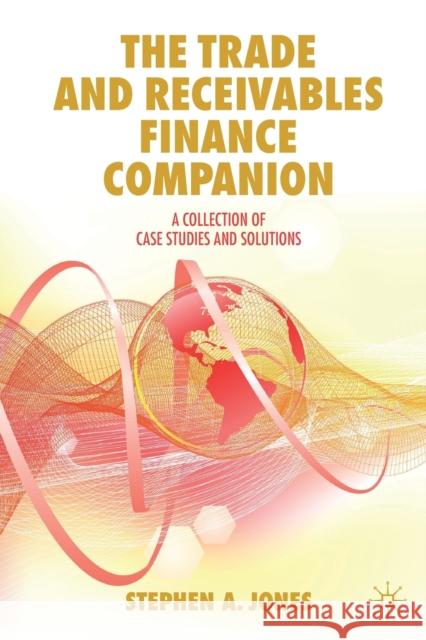The Trade and Receivables Finance Companion: A Collection of Case Studies and Solutions » książka
topmenu
The Trade and Receivables Finance Companion: A Collection of Case Studies and Solutions
ISBN-13: 9783030251413 / Angielski / Miękka / 2021 / 435 str.
The Trade and Receivables Finance Companion: A Collection of Case Studies and Solutions
ISBN-13: 9783030251413 / Angielski / Miękka / 2021 / 435 str.
cena 201,72
(netto: 192,11 VAT: 5%)
Najniższa cena z 30 dni: 192,74
(netto: 192,11 VAT: 5%)
Najniższa cena z 30 dni: 192,74
Termin realizacji zamówienia:
ok. 16-18 dni roboczych.
ok. 16-18 dni roboczych.
Darmowa dostawa!
Kategorie:
Kategorie BISAC:
Wydawca:
Palgrave MacMillan
Język:
Angielski
ISBN-13:
9783030251413
Rok wydania:
2021
Wydanie:
2019
Ilość stron:
435
Waga:
0.64 kg
Wymiary:
23.39 x 15.6 x 2.39
Oprawa:
Miękka
Wolumenów:
01
Dodatkowe informacje:
Wydanie ilustrowane











